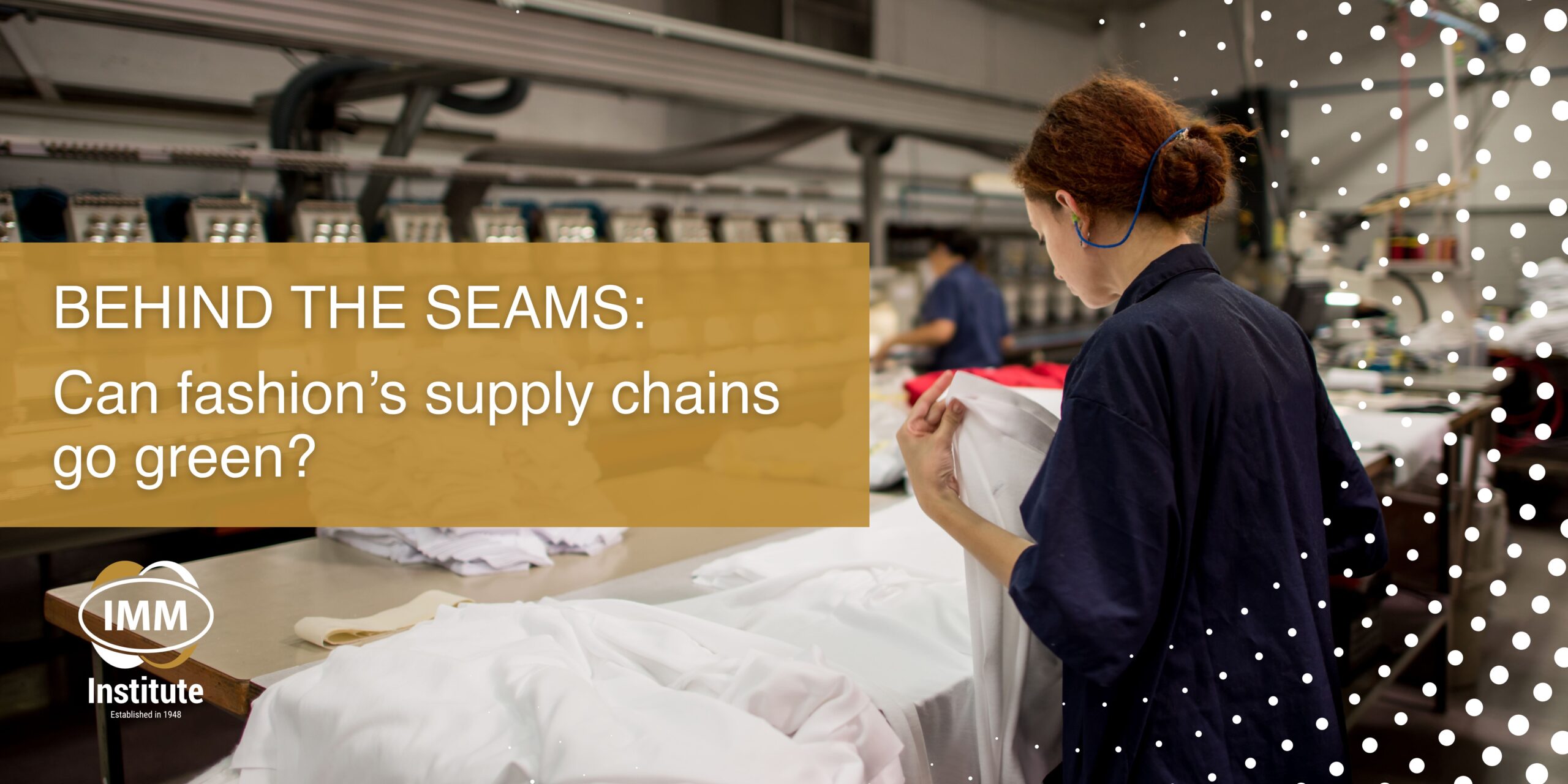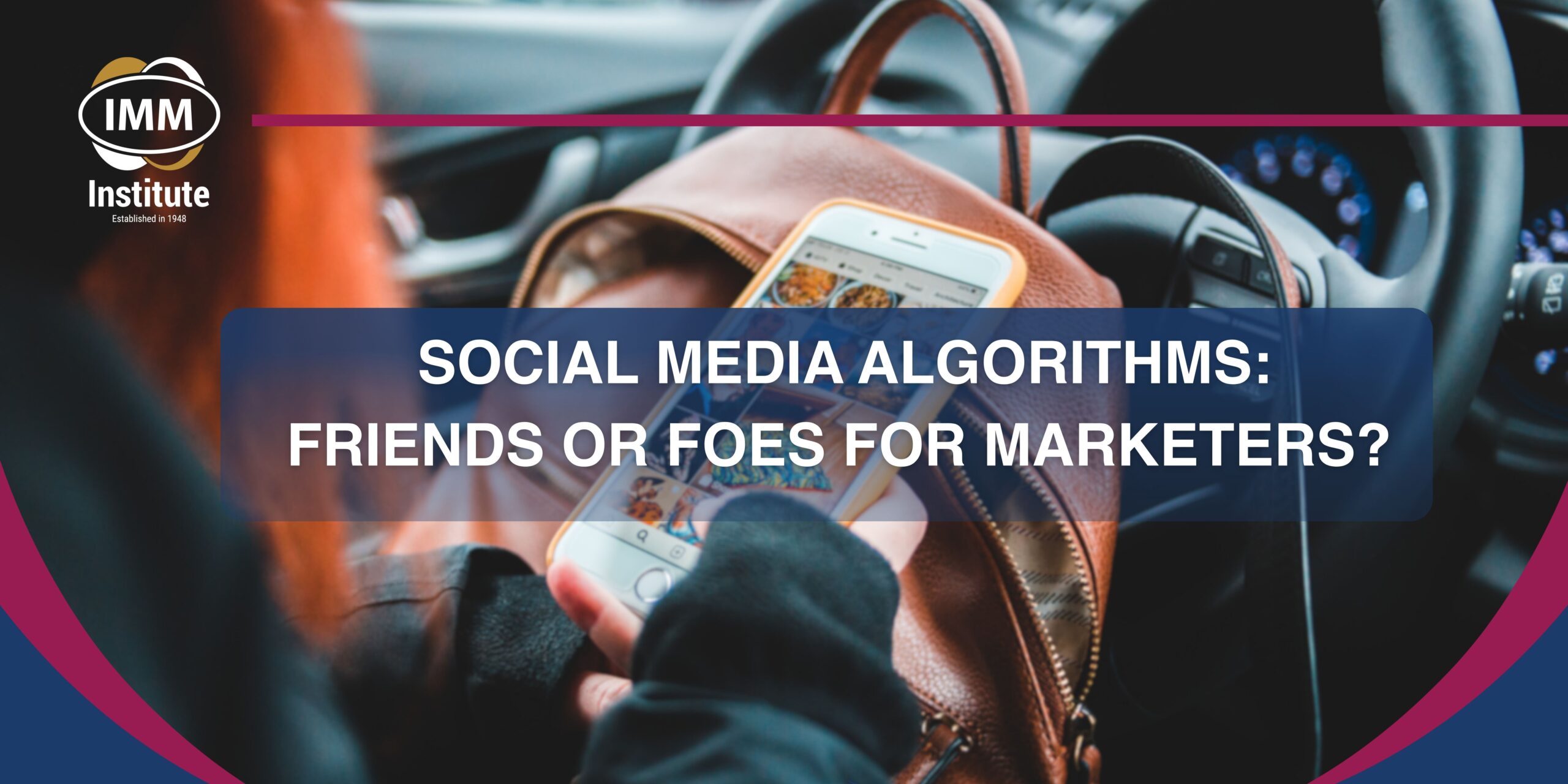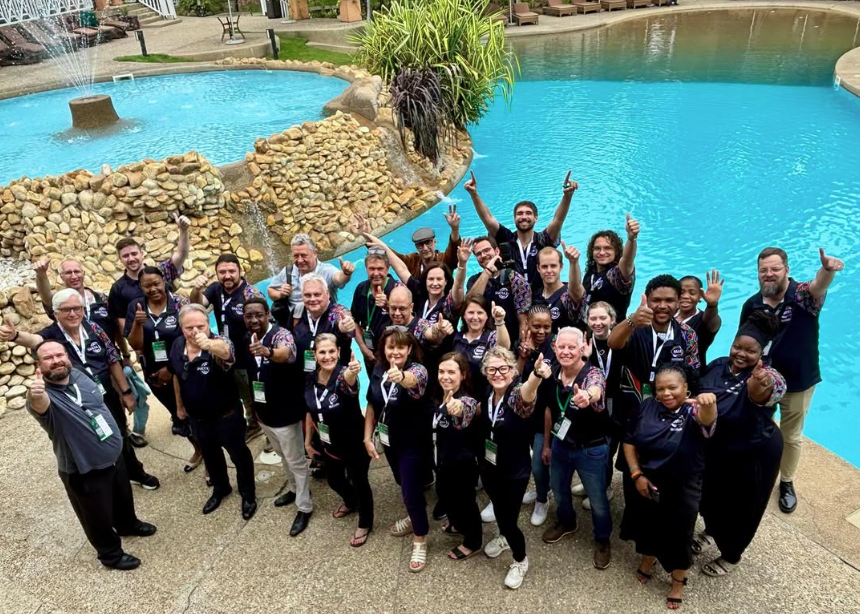
How to make your supply chain Gen Z-proof
Forget what you knew about supply chains. If you’re not adapting to Gen Z, you’re not future-proof; you’re fossilised.
Born between around the mid-1990s and early 2010s, Generation Z is perhaps the most ethically aware, technological-savvy, and eco-conscious generation ever to exist. They were raised to the backdrop of climate anxiety and social justice hashtags, with nimble deliveries within next-day reach. They want brands to be fast, to be transparent, and to have values; if the brand falls short on any of these issues, Gen Z is unafraid to cancel it, with “cancel” being the operative word here. Well, how can you translate your supply chain from being traditional to one that passes the Gen Z test? Let’s tackle it.

1. Ethical sourcing is non-negotiable
For Gen Z, “Made in…” tags convey values rather than just the country of origin. According to a First Insight study, more than 60 percent of Gen Z consumers are prepared to pay extra for products that have been sourced ethically. This means that businesses must not only comply with fair labour practices but also rather actively ensure diversity in their suppliers, labour practices, and community empowerment initiatives.
Action point: Map your entire supply chain and conduct a social impact audit. Can you trace your raw materials to a responsible source? Are your suppliers meeting fair wage standards? If you can’t answer these confidently, neither can your customers, and this is why we propose the Professional Certificate in Transport and Logistics course offered by the IMM Institute.
This course is ideal for individuals seeking to enhance their strategic management and leadership skills in the context of global supply chains. You will build your knowledge over five key learning blocks. The last block is highly practical, where you develop your research skills and undertake a professional project.
2. Sustainability is the new speed
While instant delivery still matters (we’ll get to that), Gen Z expects their fast fashion to come with a side of eco-consciousness. They scrutinise carbon footprints, demand circular packaging, and expect transparency about how a product moves from raw material to retail.
Action point: Invest in green logistics. This could mean electric delivery fleets, carbon offsetting, or biodegradable packaging. Even better, offer incentives for customers to reuse, recycle, or return packaging.

3. Tech-driven transparency
This generation trusts data more than promises. They want to scan a QR code and see where a product was made, who made it, and how it got to them. Blockchain, IoT sensors, and AI are no longer tech buzzwords, they’re tools to gain Gen Z’s trust.
Action point: Integrate traceability tech into your supply chain. Platforms like Provenance or Sourcemap can help you visualise your impact and communicate it clearly to your audience.
4. The need for (instant) speed
Yes, Gen Z is green but they also grew up with Amazon Prime. Fast, flexible, and frictionless delivery is still a huge deciding factor. The key is to make your logistics lean and clean.
Action point: Use AI for smarter demand forecasting and inventory optimisation. Partner with local micro-fulfilment centres to reduce transport time and environmental impact. “Slow and steady” doesn’t win the race when the checkout cart gets abandoned in 10 seconds.
5. Put purpose on display
It’s not enough to do good, you have to show it, live it, and communicate it across every touchpoint. Supply chain ethics and sustainability should be part of your marketing story, not hidden in a PDF on your website.
Action point: Collaborate with marketing to turn your supply chain into a brand story. Share behind-the-scenes content, supplier interviews, or environmental impact stats. Make transparency trend-worthy.

In conclusion
Gen Z isn’t just a market, they’re a movement. Businesses that can rewire their supply chains to reflect values over volume will do more than survive, they’ll lead.
Are you ready to Gen Z-proof your supply chain?















